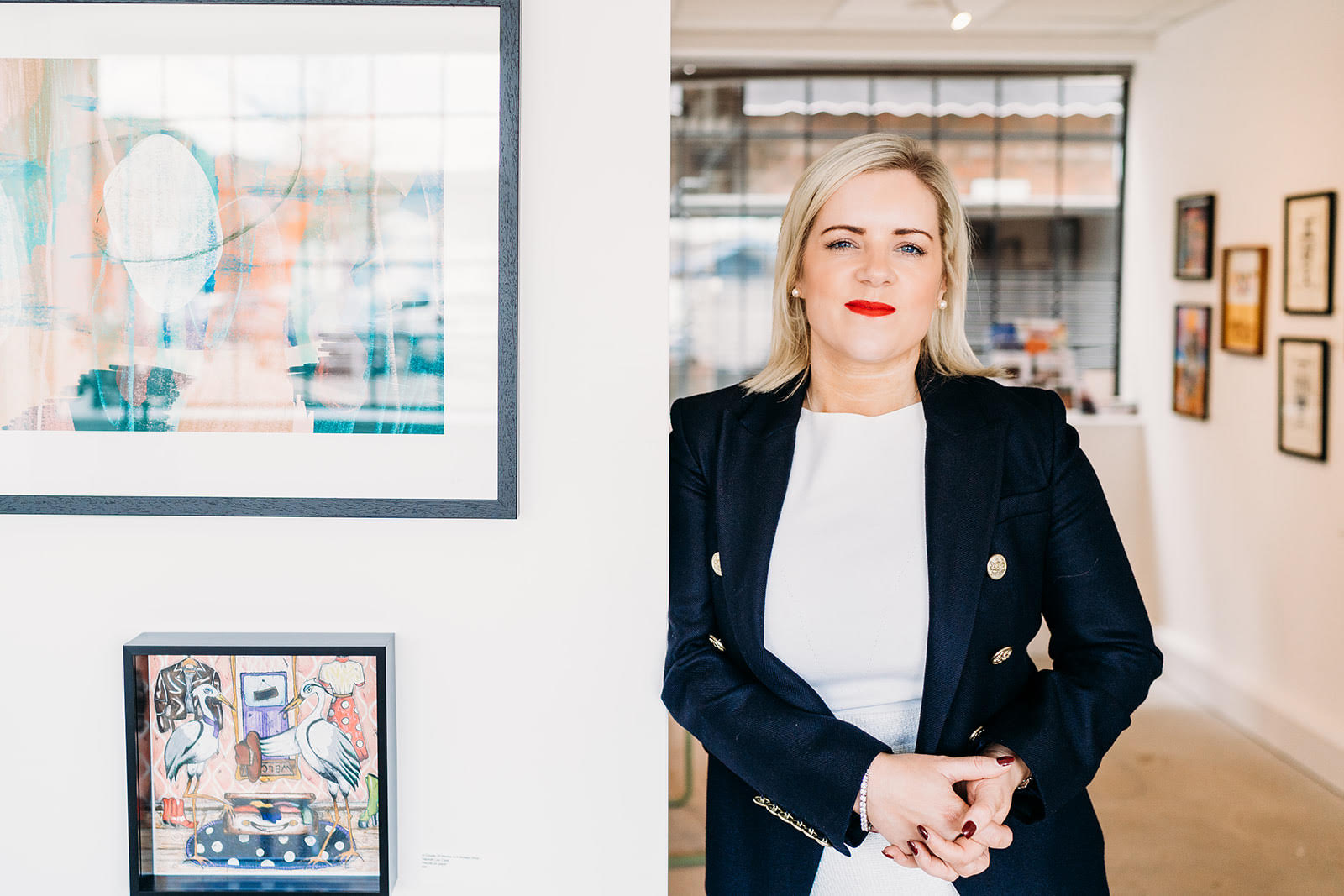Strategies for Enhancing Employee Wellbeing in the Workplace
Charlotte Richmond encounters a myriad of personal issues in her role: relationship breakdowns, financial concerns, caregiving responsibilities, domestic abuse, violence, and other serious matters. However, Richmond, a trained mental health nurse, isn’t working with NHS patients; she’s assisting employees at a rapidly growing tech company.
Richmond, 37, is the head of employee engagement and wellbeing at Aiimi, a technology firm based in Milton Keynes with over 200 staff members. For years, she has collaborated with Steve Salvin, the company’s founder, who often shares his own burnout experiences that were severe enough to resemble a heart attack. Together, they have fostered a culture where employees can openly discuss their issues and mental health concerns without fear of negative repercussions.
The workplace in Britain is experiencing a severe mental health crisis. Mental health issues have become the leading cause of workplace absence. A recent Axa study reveals that productivity loss due to mental health concerns cost organizations about £57 billion in 2023. An annual report by Peninsula, an HR and employment law consultancy, notes a 140% year-on-year increase in small and medium-sized enterprises reporting a negative impact on their business due to mental health issues.

Experts attribute the sharp decline in employee wellbeing to long-term effects of the COVID-19 pandemic and the difficulty of accessing NHS psychological services due to extended waiting lists.
Maria Lawless, 42, the founder of Signature Associates, an HR consultancy for small businesses, states, “People are grappling with increased pressures post-COVID, along with the economic downturn and other global issues.” She adds, “Limited access to NHS services has driven employees to seek support from their employers.”
Richmond concurs. “Employers, particularly in the private sector, are now bearing the responsibility to provide the necessary support for their employees,” she explains. Her role primarily involves listening and offering support to maintain employee morale and productivity through approaches such as flexible scheduling, regular check-ins, and Bupa counseling sessions. These initiatives have helped retain highly talented staff at Aiimi.
Smaller businesses in the UK are similarly investing in mental health support due to growing demands from employees and data demonstrating the effectiveness of such interventions. Deloitte research indicates a productivity gain of £4.70 for every £1 spent on employee mental health and wellbeing.

Mental health first aid training is an increasingly popular tool. The Peninsula survey recorded a 71% rise in booked training courses over the past year alone.
Mental health first aid programs aim to enhance workplace mental health by training employees to support colleagues in need. Trainees learn to listen, not provide advice, and to guide colleagues towards professional help.
In May, the British division of Kompan, a playground equipment provider, offered two-day mental health first aid training at the request of its employees. The company, which employs 130 people across the UK, has already observed positive feedback.
“Several employees asked if Kompan could support their training due to personal challenges they faced,” said Jodie Strong, 37, the HR coordinator. Providing this opportunity has led to improved personal health and managerial skills among the staff.
“I recommend other companies consider this. It’s affordable and quick, yet beneficial for both those trained and those they assist. HR is often seen as intimidating, but mental health first aid can make team members more approachable,” Strong added.
Some critics argue that mental health first aid places undue stress on those trained. Eliza Thomas, 33, Kompan’s mental health first aid lead, recognizes the pressure but highlights the team’s confidential buddy system for support. “Knowing there’s someone to turn to immediately is reassuring,” she said.
Other businesses anticipate that mental health first aid initiatives will reduce employee absenteeism.

Liverpool John Lennon Airport began mental health first aid training for 12 team members in February. HR advisor Tracey Cunningham, 56, noted the program’s necessity due to increased absences linked to mental health struggles. She hopes it will encourage employees to discuss issues rather than take sick leave.
Cunningham and the Kompan team observed participation from all age groups, including women experiencing menopause, who sought assistance.
Beyond mental health first aid, companies are exploring additional employee support methods. Emily Austen, founder of Emerge, a London-based PR agency, recently introduced unlimited therapy sessions for her 20-person team. The decision followed frequent inquiries about mental health resources from job candidates and Austen believes it will be beneficial. “Employee expectations are realistic, and companies not aligning with these will lose top-tier talent,” she said.




Post Comment